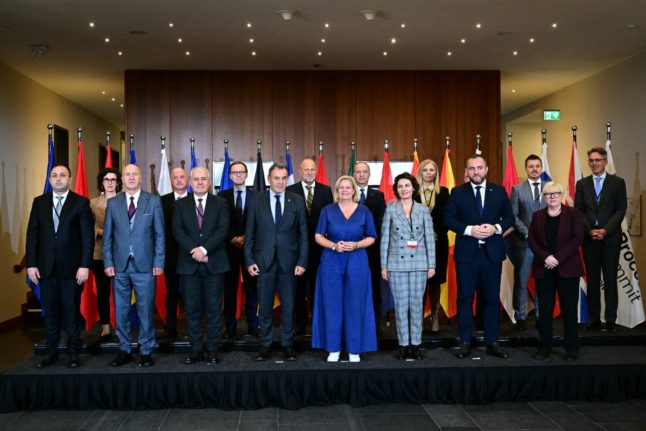The producers are just the latest of a group of businesses who fear a backlash from the initiative “against massive immigration" that was narrowly supported by voters on Sunday.
The decision to back out of a freedom of movement of labour agreement with the EU worries Switzerland Cheese Marketing (SCM).
“We are afraid that could have an impact on the image of Switzerland,” Manuela Sonderegger, spokeswoman for the cheese association, told the French-language AFP news service.
“If you think of Switzerland, you think of cheese,” Sonderegger said.
“But with this vote, it would be maybe possible that people will boycott Swiss cheese, even if we don’t hope it,” she said.
Europe is the biggest market for cheese from Switzerland, absorbing more than 80 percent of its exports.
Figures released on Wednesday by SCM showed that 68,009 tonnes of Swiss cheese was exported in 2013, up 1.7 percent in volume from the previous year and 4.8 percent in revenues.
The biggest markets for the likes of Gruyère, Emmentaller and Appenzeller, are Germany, which imported 30,121 tonnes of cheese from Switzerland last year.
The second biggest market is Italy (11,848 tonnes) followed by France (5,621 tonnes).
Sonderegger said it is too early to gauge the consequences of the immigration vote.
“For the moment, the bilateral accords (with the EU) are still here and we hope that the federal government is going to find a solution,” said.
“But currently our greatest concern is the image of Switzerland.”



 Please whitelist us to continue reading.
Please whitelist us to continue reading.
Member comments